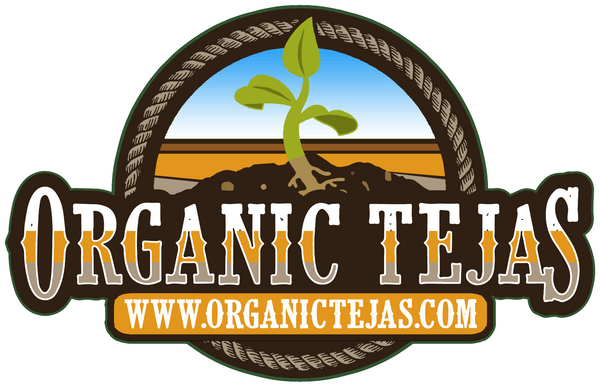
Preparing Hill Country Soil For Your Fall Garden
Sam BrownShare
Ah, the Texas Hill Country! It's a unique and beautiful part of the Lone Star State that presents its own set of gardening challenges due to its rocky terrain, shallow soils, and unpredictable weather patterns. The primary soil type here is a caliche or limestone-based soil which can be alkaline and may sometimes need specific amendments to support diverse plants. Here's a tailored guide to organically refreshing garden soil in the Boerne area for fall planting:
1. Soil Testing:
Before making any amendments, conduct a soil test. This will give you specifics about pH and nutrient levels, letting you know exactly what to add. In Boerne (and across the Texas Hill Country), expect alkaline conditions due to the limestone bedrock.
2. Embrace Composting:
The naturally thin and rocky soil around here will benefit greatly from the addition of organic matter. Create your compost pile or source high-quality compost locally. Spread a 2-3 inch layer over your garden beds and work it into the top few inches of soil.
3. Consider Coarse Organic Materials:
To improve soil structure and drainage, consider adding materials like coarse compost, decomposed granite, or expanded shale. These can help break up compacted caliche soils and improve root growth.
4. Use Local Mulch:
Cedar mulch is widely available in the region and is excellent for conserving moisture and keeping soil temperatures steady. Mulching also helps suppress weeds and, over time, breaks down to add more organic matter to the soil.
5. Consider Planting Native Cover Crops:
Native plants are well-suited to local conditions. Consider cover crops like clover or vetch, which can add nitrogen to the soil. Once they've grown a bit, you can till them under to enrich the soil.
6. Organic pH Adjustments:
If you wish to adjust the alkalinity of your soil, you can use elemental sulfur or certain types of organic mulch, like pine needles, which can help acidify the soil slightly. Remember, many native plants are adapted to alkaline conditions, so choose plants accordingly. Adding specialty products like Dakota Soil Enhancer (dry) or Organic REV (local) can balance / buffer pH issues and improve water retention while also adding bio-available organic matter and biologics back into the soil.
7. Worm Castings and Compost Tea:
Worm castings are excellent for adding nutrients and beneficial microorganisms. Compost tea, brewed from mature compost, can also add beneficial microbes to the soil and boost plant health.
8. Reduce Tilling:
Given the rocky nature of the soil, excessive tilling can bring more rocks to the surface and disturb the soil ecosystem. Consider reduced-till or no-till methods to maintain soil structure.
9. Local Organic Fertilizers:
For specific nutrient needs, consider using organic fertilizers like seaweed emulsions, bat guano, or bone meal, all of which can be sourced sustainably. Here at OrganicTejas.com we carry Eco-Organic liquid organic fertility - bottled right here in Boerne and made sustainably from grocery store waste.
10. Embrace Drip Irrigation:
The Hill Country can be hot and dry (understatement - I know). Drip irrigation ensures that water is delivered directly to plant roots, reducing evaporation and promoting deeper root growth.
11. Rotate Your Crops:
This age-old technique reduces the risk of soil-borne diseases and pests and prevents the soil from being depleted of specific nutrients.
In conclusion, gardening in Boerne presents unique challenges, but with attention to the soil's specific needs and some local know-how, you can have a successful fall garden. Always choose plants adapted to the local conditions and consider native plants, which are naturally suited to the region's unique environment. Happy gardening!
